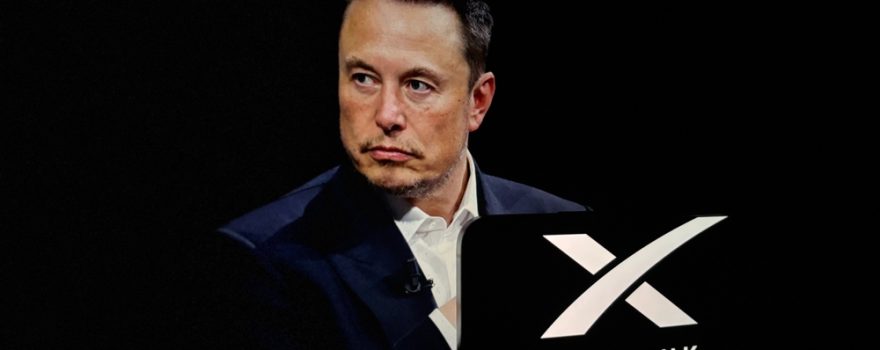
In a surprising contrast to Tesla’s recent warning about increased manufacturing costs due to tariffs, SpaceX has taken a different stance in its letter to the Trump administration. While Tesla expressed concerns over the impact of tariffs on its vehicle components, SpaceX has highlighted the global regulatory obstacles hindering its Starlink satellite service.
Regulatory Barriers & Trade Tariffs Challenge Starlink Expansion
SpaceX, in its signed letter, pointed out that it faces significant “regulatory complexities and trade barriers” across almost every country where Starlink operates. The company warned that these restrictions are impeding the United States’ leadership in the global space industry. SpaceX emphasized that the existing policies are being used by competitors to restrict Starlink’s ability to provide affordable, high-quality satellite internet to consumers and businesses worldwide.
Import Duties & Licensing Fees Increase Costs for SpaceX
According to SpaceX, global trade regulations impose substantial costs on its operations. The company is required to pay governments for wireless spectrum access, bear import duties on Starlink terminals, and coordinate with local carriers for spectrum sharing. These added costs significantly inflate the overall expenses associated with expanding Starlink’s market reach. The firm criticized these financial burdens as artificial barriers that limit innovation and restrict the availability of satellite internet services.
Unfair Import Duties Hindering Market Growth
A major concern outlined by SpaceX is the unfair nature of import duties on Starlink terminals. While the U.S. does not impose similar tariffs on comparable foreign products, several countries charge substantial duties on SpaceX’s satellite equipment. The letter explained that in some cases, these import taxes form a major portion of Starlink’s total cost, making it difficult for the company to remain competitive in those markets. The duties apply to products classified under HTS 8517.62, a category that SpaceX believes is outdated and fails to reflect the modern scale of satellite communications.
Legacy Regulations Hindering SpaceX’s Global Strategy
Another significant challenge SpaceX identified is the reliance on outdated international trade regulations. These policies assume that satellite services involve importing only a small number of terminals rather than the millions that SpaceX must ship to serve its growing customer base. This outdated regulatory framework further compounds the difficulties SpaceX faces in expanding its services.
As SpaceX continues to push for a fairer regulatory landscape, the letter serves as a call for the U.S. government to advocate for equitable trade policies that promote, rather than hinder, American technological leadership in the satellite industry.

 Get in Touch
Get in Touch 


